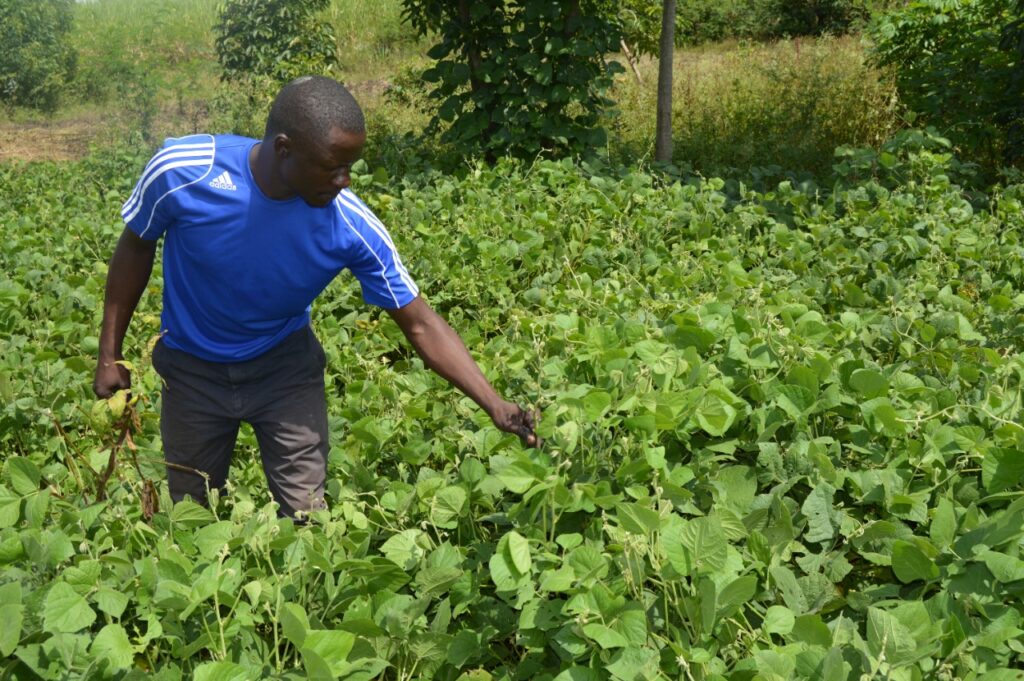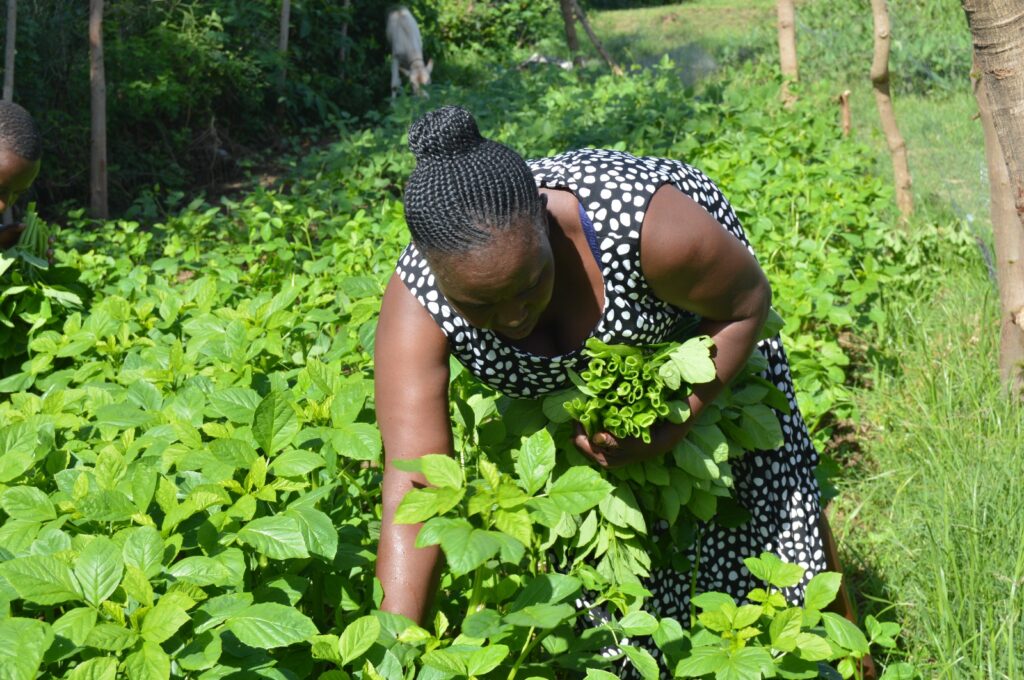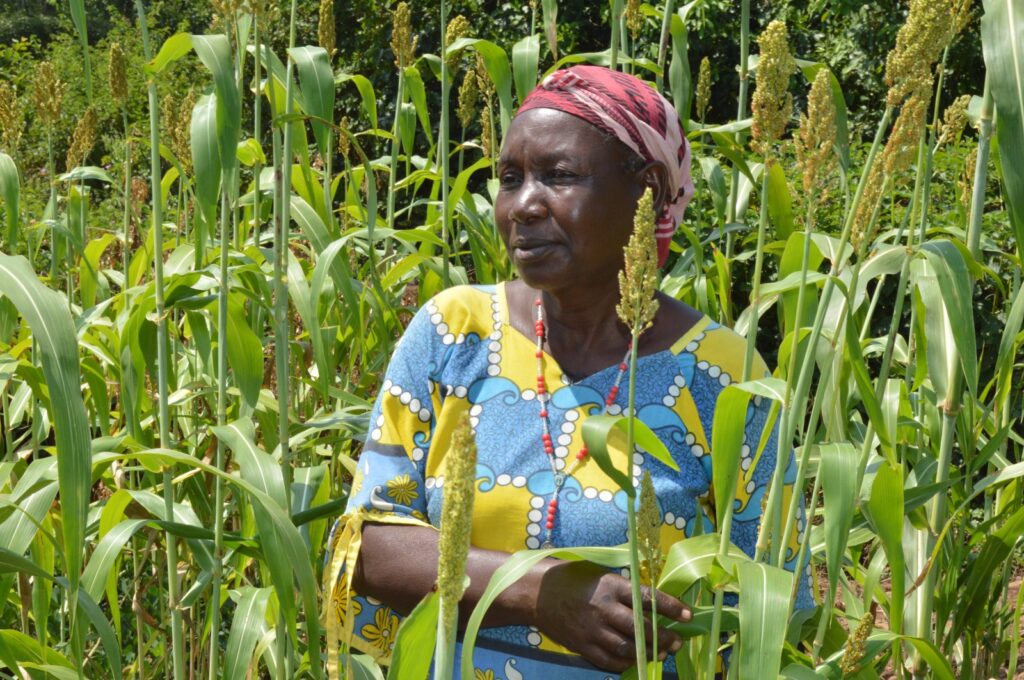Our Programs
CREP Programme runs community-driven programs that address food security, environmental protection, renewable energy, water and sanitation, enterprise development, and gender equality. Each program is designed to create lasting change and build a healthy, self-reliant community.

The Bio-Fertilizer Farmers Research Network Trials are designed to empower smallholder farmers with sustainable, affordable, and environmentally friendly alternatives to chemical fertilizers. CREP Programme works closely with farmer groups to test, adapt, and scale up bio-fertilizer technologies that improve soil fertility, increase crop yields, and reduce environmental degradation. These trials create a platform for farmers to engage in participatory research, where they learn by doing and share knowledge across communities. By using locally available organic materials, the bio-fertilizers not only lower production costs but also restore soil health and enhance resilience to climate change. The initiative promotes farmer-to-farmer learning, strengthens innovation at the grassroots level, and encourages collaboration between communities, researchers, and development partners. Ultimately, the trials aim to ensure food security, improve incomes, and foster sustainable agricultural practices that benefit both people and the environment.

The Collaborative Agroecology Project is an innovative initiative that brings together farmers, researchers, and community groups to promote sustainable farming practices that work in harmony with nature. Through this project, CREP Programme strengthens farmer capacities in agroecology by introducing integrated practices such as intercropping, soil conservation, use of organic inputs, water harvesting, and indigenous seed preservation. The project emphasizes collaboration, where farmers actively participate in research trials, exchange knowledge, and adapt practices that best suit their local conditions. By reducing reliance on external chemical inputs and focusing on ecological balance, the project helps restore soil fertility, protect biodiversity, and enhance resilience against climate change. In addition, it supports food sovereignty and improved nutrition by encouraging diverse, locally grown crops. Ultimately, the Collaborative Agroecology Project empowers smallholder farmers to secure their livelihoods while safeguarding the environment for future generations.

The Decentralized Climate Change Adaptation (DaCCA) Programme – Phase 3 is a community-driven initiative that strengthens local capacity to respond to the challenges of climate change. Implemented by CREP Programme in partnership with county governments and stakeholders, DaCCA focuses on empowering vulnerable communities to actively participate in climate governance and adaptation planning. Through this programme, communities are trained to identify climate risks, design locally relevant adaptation strategies, and advocate for the integration of their priorities into county climate policies and budgets. Phase 3 builds on earlier successes by deepening community engagement, scaling up proven adaptation practices such as tree planting, soil and water conservation, renewable energy use, and promoting sustainable livelihoods. By linking grassroots voices with decision-making platforms, DaCCA enhances accountability, resource mobilization, and inclusive climate action. The programme ultimately fosters resilience, ensuring that communities are better equipped to withstand and recover from the impacts of climate variability.

